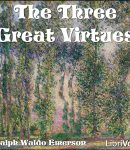
Three Great Virtues – Three Essays by Emerson
Faith Hope and Charity …… In the Language of Emerson these translate as: Self – Reliance, Love, and Friendship. (summary by Robert Scott) [chương_files]
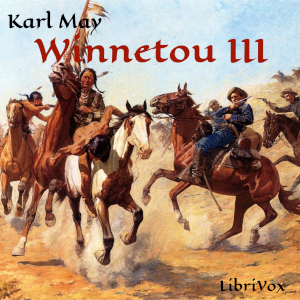
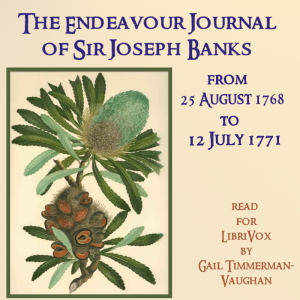
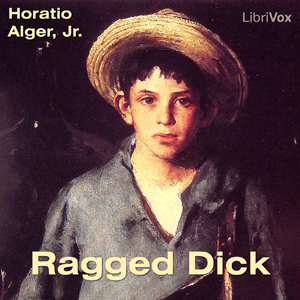
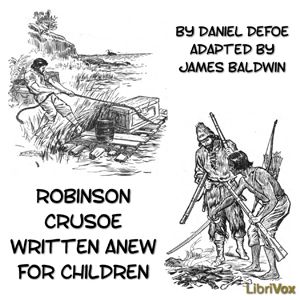
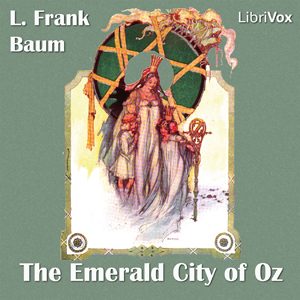
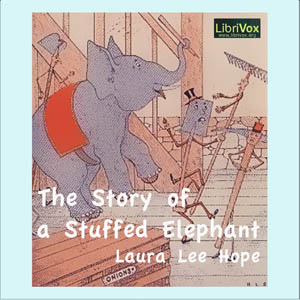
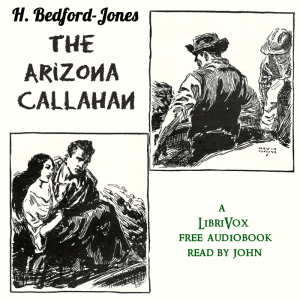
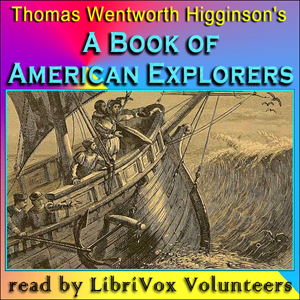
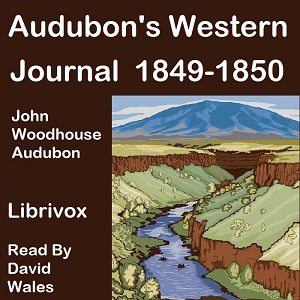
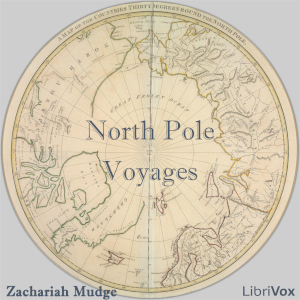
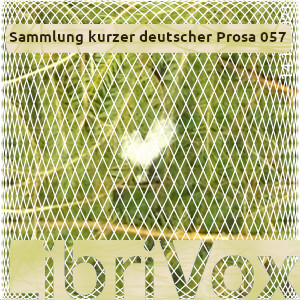
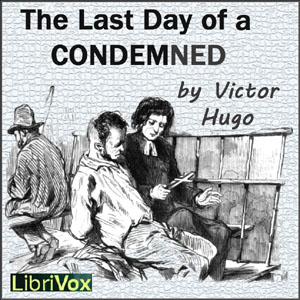
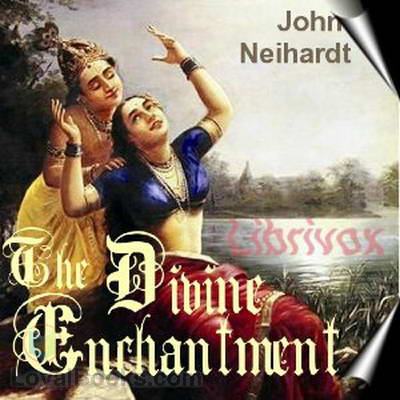
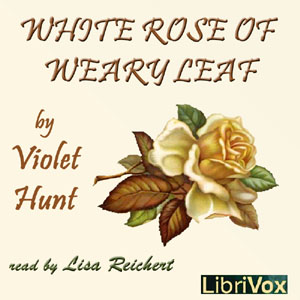
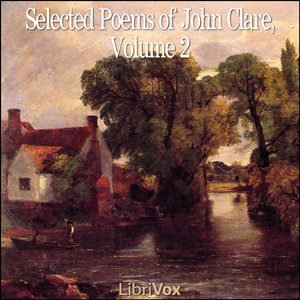

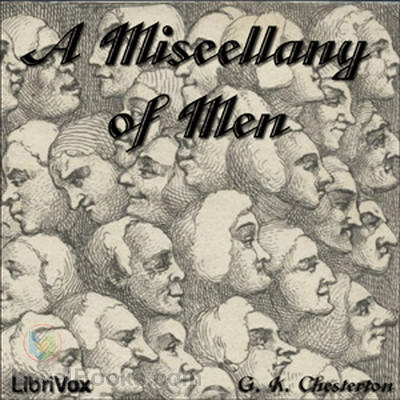
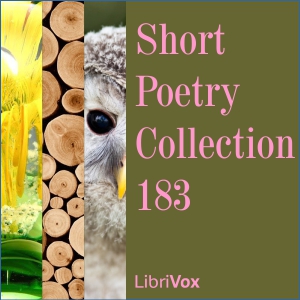
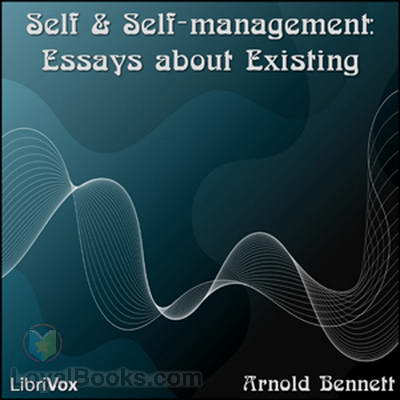

Faith Hope and Charity …… In the Language of Emerson these translate as: Self – Reliance, Love, and Friendship. (summary by Robert Scott) [chương_files]
LibriVox volunteers bring you 18 recordings of At Ease on Lethe Wharf, by Helen Coale Crew. This was the Weekly Poetry project for April 14th, 2013.Helen Coale Crew was an American poet and novelist. Her touching evocation of forgetfulness comes from the Chicago Anthology, published in 1916. Lethe refers to the first river that souls bound for the Elysian Fields, the Heaven of the ancient Greeks, had to cross. Drinking from the river was said to have the effect of expunging all memories. [chương_files]
LibriVox volunteers bring you 14 recordings of The Journey of Life by William Cullen Bryant. This was the Weekly Poetry project for December 23, 2012.William Cullen Bryant was an American romantic poet, journalist, and long-time editor of the New York Evening Post. His poetry has been described as being “of a thoughtful, meditative character, and makes but slight appeal to the mass of readers.” ( [chương_files]
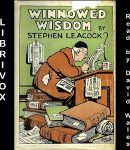
This 1926 volume comprises thirty-five essays by the masterful Canadian humorist. – Summary by david wales [chương_files]
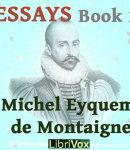
Michel Eyquem de Montaigne is one of the most influential writers of the French Renaissance, known for popularising the essay as a literary genre and is popularly thought of as the father of Modern Skepticism. He became famous for his effortless ability to merge serious intellectual speculation with casual anecdotes and autobiography—and his massive volume Essais (translated literally as “Attempts”) contains, to this day, some of the most widely influential essays ever written. (Summary extracted from Wikipedia) [chương_files]
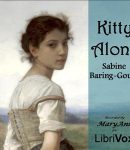
Kate Quarm is a bright and sensitive girl. She lives with her aunt and uncle at Coombe Cellers, a farmhouse, eating house and store occupying a promontory in the estuary of the Teign, in the south of Devon. Kate’s father is a dreamer, always off on the next get-rich-quick scheme, wandering across the countryside with his donkey cart. It seems that no one has the time or the inclination to try to understand Kitty and she is left very much “alone.” But when she ferries the son of the richest farmer in the neighborhood across the Teign and he falls head over heals for the pretty girl, it seems that the fortunes of Kitty Alone are about to change. Or maybe not – for Rose Ash has marked John out as her own and is keen on defending her claim while Kitty’s thoughts center more on the stars and the tides (and the new schoolmaster) than on the ardent boy next door. The Rev’d Sabine Bearing Gould was a keen observer of people who filled his books with a broad cast of characters, humorously drawn from the 19th Century English countryside. (Summary by MaryAnn) [chương_files]
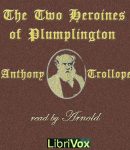
In the small English Town of Plumplington the daughter of a brewer and that of a banker each has selected her future husband contrary to the wishes of her father. Both young men are regarded as not ‘good enough’, though each is, in fact, much like the respective father when at that age. The girls, with the support of various townspeople, endeavor to get their way. One refuses to wear the nice clothes her father so much admires her in, while the other takes to her bed and refuses to eat. The fathers, of course, give in, and ultimately agree to the happy ending. (Arnold Banner) [chương_files]
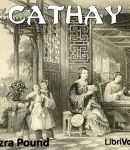
The Cathay poems appeared in a slim volume in 1915. They are, in effect, Ezra Pound’s English translations/interpretations from notebooks written by the Japanese scholar Ernest Fenollosa. Pound, not knowing any Chinese or Japanese at all, promptly created a new and somewhat complex style of translation, as he had done with words from several other languages. The Cathay poems are primarily written by the Chinese poet Li Po, referred to throughout these translations as Rihaku, the Japanese form of his name. These poems came to have a profound influence on 20th Century poetry, spawning, among other things, the Imagist movement, and helped in the generation of widespread interest in Asian literature and thought. Also included in this collection are two poems from Pound’s 1912 collection Ripostes. “The Seafarer” is another of Pound’s experiments in translation, this one from the Anglo-Saxon. (Summary by Alan Davis-Drake) [chương_files]
The English Romantic Period in literature featured a towering group of excellent poets: Wordsworth, Coleridge, Byron, Shelley and Keats. If we add in forerunners Burns and Blake, we have perhaps an unmatchable collection of writers for any era. Of these, Percy Bysshe Shelley was one of the brightest and best, coupling a giant intellect with a highly emotional and impetuous nature. He was always a champion of liberty, but was largely ignored when he tried to promote political and social reform. He was wise enough, however, to realize that his efforts were ineffective, and he chose instead, not to attempt to reshape society, but to transform the individual, to inspire his readers to a greater love of beauty, of nature, and especially of each other. To this end, he poured forth a profusion of gorgeous verse overflowing with brilliant imagery, all aimed at uplifting the good and the beautiful, the free and the loving, while denouncing the social forces that tended to suppress them. Unfortunately, it was Shelley’s fate to be misunderstood by the people of his own time. He was vilified as an evil influence, a free thinker and free lover whose ideas should be abhorred. He pictured himself in his poetic tribute to Keats, “Adonais,” as an outcast or a martyr, a “phantom among men, companionless,” bearing a brand upon his brow like that of Cain or of Christ. His life was unorthodox, but his nature was highly sympathetic and filled with devotion to those who were ground […]
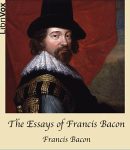
Voltaire was an atheist. Diderot was Enlightened. But trite titles seldom encompass completely the beliefs of any individual. And this one fact is certainly true when dealing with Sir Francis Bacon.The youngest son of Sir Nicholas Bacon, Francis was born in Strand, London, on Jan. 22, 1561. He went to Trinity College at Cambridge. He was elected to Parliament; he was Queen’s Counsel; he even became Attorney General before finally gaining the position of Lord Chancellor.But as do the careers of so many politicians, in 1621 his political career ended in disgrace.And yet, for all of this, both Diderot and Voltaire considered him “the father of modern science.” Others consider him only the father of the “scientific method.” (That process of collecting and organizing data.) Bacon’s “The Essays,” to which we now turn our attention, are–if they are nothing else–a delightful collection in decided disarray. That is, they seem to take no true progression. But an essay is not meant to be a treatise. And for all that, these essays are still a pleasure to read.Encompassing a broad field of interest, their largesse denotes the broad learning of this brilliant philosopher. It is therefore our sincere hope that the reader will, themselves, encompass these Essays. More importantly, we hope you enjoy them. (Summary by Carl Vonnoh, III) [chương_files]
Copyright © 2024 | FreeAudible